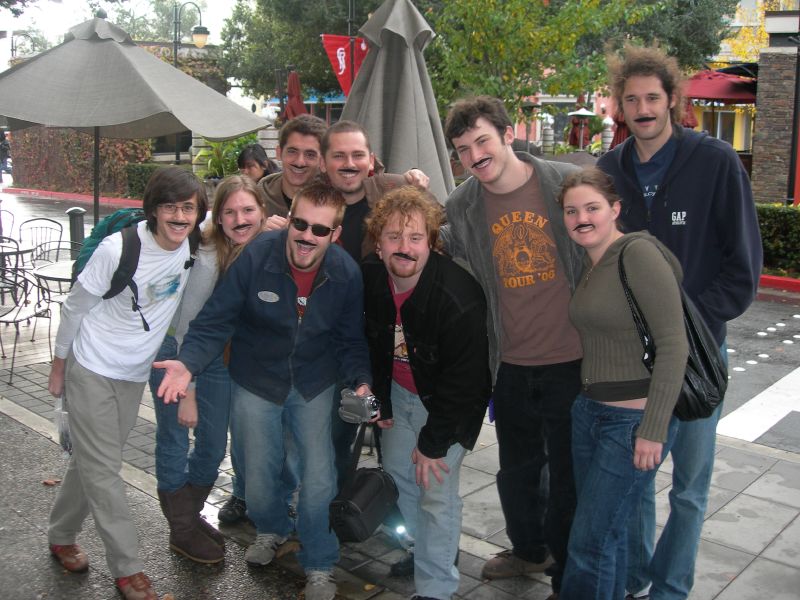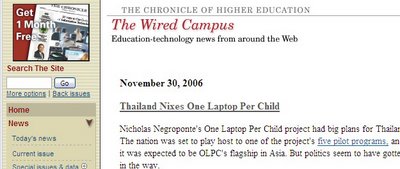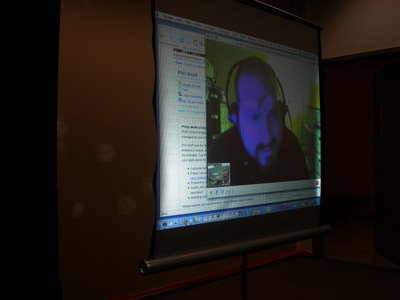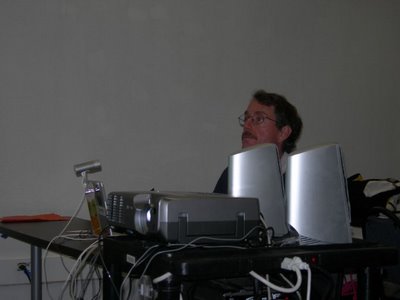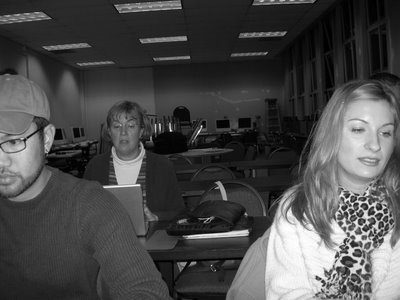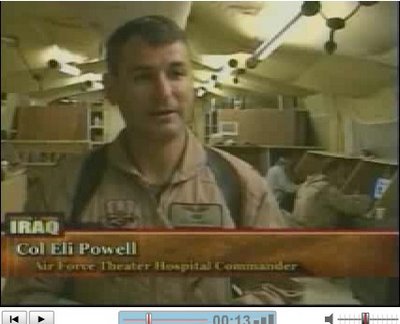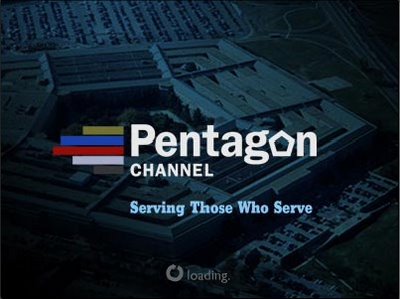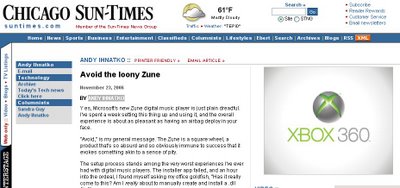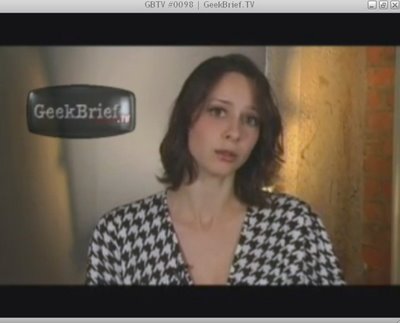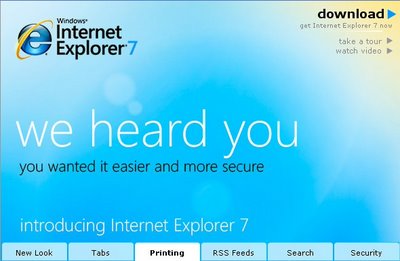JMC163 is now over. The University will dismantle its current form, regardless of student objections. The troubling circumstances of its demolition have given me pause though, and in turn, I would like to share a little insight I have gained through my experiences. I admit, I am only a young student, but wisdom can sometimes come from the oddest places.
It seems to me that attention must be paid to WHY the University hasn't made palpable strides towards modernizing its journalism curriculum since the introduction of Broadcast as a concentration.
For starters, the pace at which technology has shifted the media landscape has been exponential. And just as government is insular and slower than public markets to innovate, so too is faculty slower than masses of students with free access to educational information.
Teachers have become insular with regards to HOW they teach, with command style, top-to-bottom methods favored in the classroom. This is not at all meant to offend. In fact, this methodology has not only been the dominant style of teaching for hundreds of years, it has been the most efficient. Until now.
The problem that pre-internet civilization encountered with regards to teaching was that which nations encounter everyday fighting famine. It's a simple matter of distribution, not production capabilities.
IE1. As in the United States, production of food is so great that if one were to simply look at production rates and capabilities, they would be forced to conclude that there is no reason for Americans to be missing meals or starving. Still, Americans do go without food, because the markets and government together cannot provide them with a price that is reasonable enough to guarantee they eat three meals a day. Distribution is limited, not food.
IE.2 With a scarce amount of knowledgeable, certifiably qualified individuals able to distribute information that students craved, tribal students faced the same dilemma. Students, hungry for education, could not afford to travel between tribes to find individuals to educate them in specific disciplines, leading to a lack of educated individuals. So they instead were forced to learn general knowledge, common to the people that were readily available to them. Because of this, distribution of knowledge was limited, as was the rate at which economic production increased.
The solution to this distribution problem was to centralize learning in a stationary location. Ergo, the modern grammar schools, high schools, and Universities (I will continue with only the evolution of the University for the purposes of this post). This maximized learning efficiency given the technologies at hand, but did satisfy the market desire for education. Potential students still went without education because the distribution of knowledge was limited to those that could afford to attend the University, and then only if the University itself had enough money to aggregate great thinkers.
Flash forward to post-internet, wired American society; private markets have side-stepped the inefficiencies of the old educational system and physical world, creating unlimited FREE learning distribution tools previously unaffordable or unattainable because of distribution scarcity. In reality, distribution scarcity for wired students now exists only insofar as knowledge of the resources already available is unknown to students, and insofar as their personal understanding of the knowledge.
This is where the University not only still has a place, but an obligation to step in. It is as drastic a paradigm shift as it was for students being educated by their tribal elders to go from the comfort of their small communities to central Universities. It is as far-reaching as the impact that the written word had on the ability to distribute ideas, and it is as essential to the future of education as the evolution of vocal chords was to enabling individual freedom.
THE SHIFT IS FROM THE COMMAND STATION TO THE NODE. Wikipedia, OurMedia, Google, Technorati, Firefox, SourceForge, iTunes, OPML, XML, mesh-networks, these are the tools and language of the current paradigm shift. They enable the free distribution of any and all information from node to node, without prejudice as to creed, color, religion or age. And to top it all off, they do so with the efficiency of the private markets. Yet many of them are unknown to students, and teachers.
Teachers - as a group, the Emperor of the educational system today - so revered and established in the method of education, that no person today is considered "educated" without certification from them!
Today, the Emperor for the most part, lacks general knowledge of the new paradigm, or its ability to decrease distribution scarcity. Generally, the Emperor does not blog, does not submit videos to YouTube, know Flash, scour MySpace, Digg, host wikis, indulge his curiosity for alternative methods of teaching, or tag. The Emperor has no tags!
How shameful it must be to finally realize that without "tags", or knowledge of the new paradigm, the Emperor's shortcomings and inefficiencies are now exposed! Yet the Emperor today marches on, after having been warned of the truth. He cannot say he wasn't warned.
THIS IS THE EMPEROR'S WARNING: HE IS NAKED FOR ALL TO SEE.
So what can the Emperor do to save face, to be the great Emperor all students once revered? For starters, he must begin using the tools of the new paradigm to become educated ABOUT them. In so doing, the Emperor must also improve upon them were his expertise and vast knowledge apply, making the interface between the user and the database as efficient as possible. Remember, the new paradigm is uer-generated; the Emperor must become a user!
This is only the first step though. After learning the tools and improving upon the base of online knowledge, the Emperor must accept that his place in the hierarchy has forever been altered, and must use the new tools to teach students to do as he has done.
Only then, when the Emperor has tags - when teachers have accepted the new paradigm instead of fighting against the avalanche that it inevitably will become - will education again be "modern". Only then will students be given the education they crave, and only then will children like me not have any reason to point and shout at how foolish we all have become.
Andrew Venegas , San Jose , SJSU , Soapbox Prophet ,Tech , blog , Digg,html ,opml , education,You Tube , technorati , Web 2.0 , Google ,Firefox , j-school , New Media , Our Media ,Skype , blogging , vlogging,JMC163 ,Higher Education , Source Forge,chronicle+of+higher+education , iTunes , Wikipedia,











